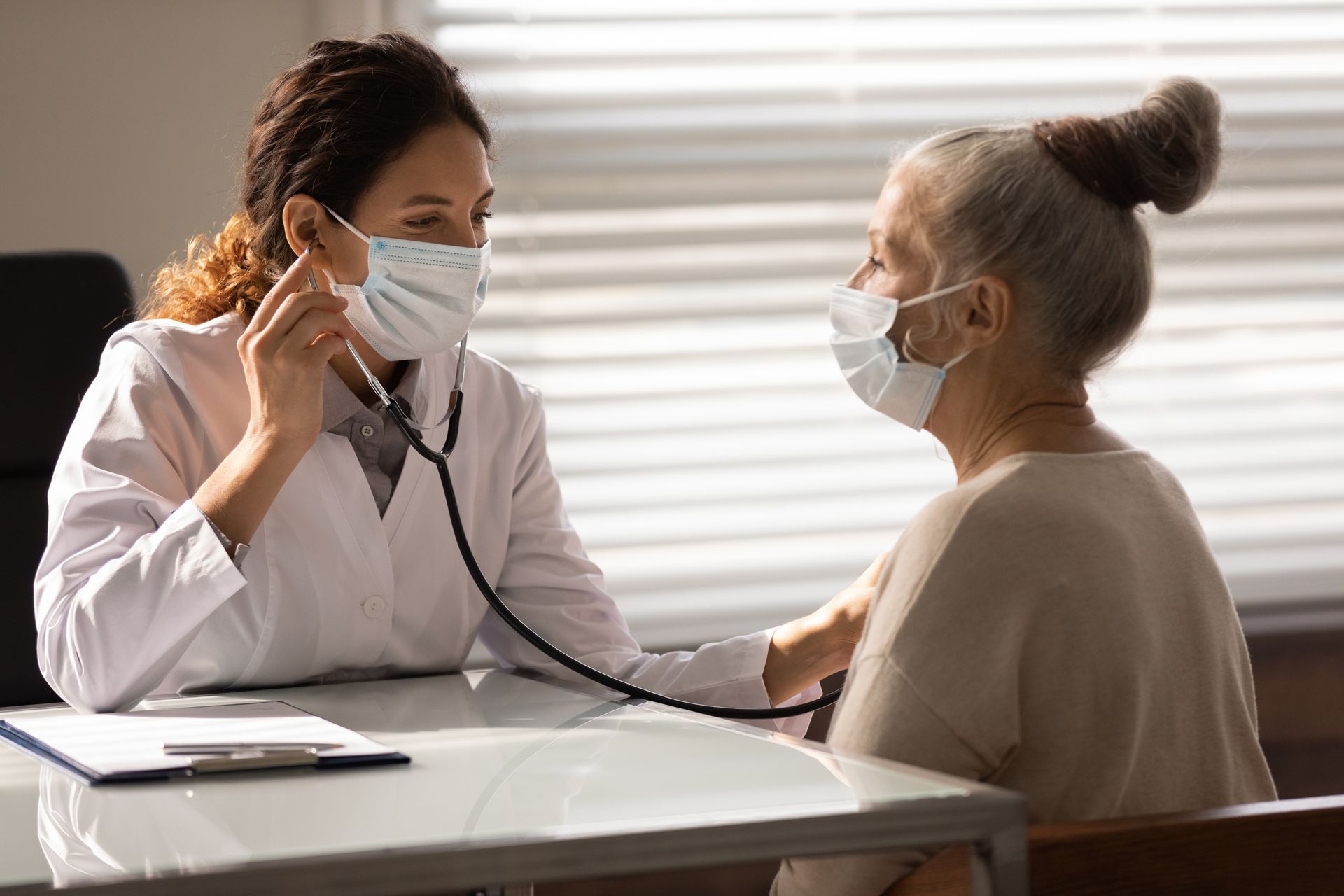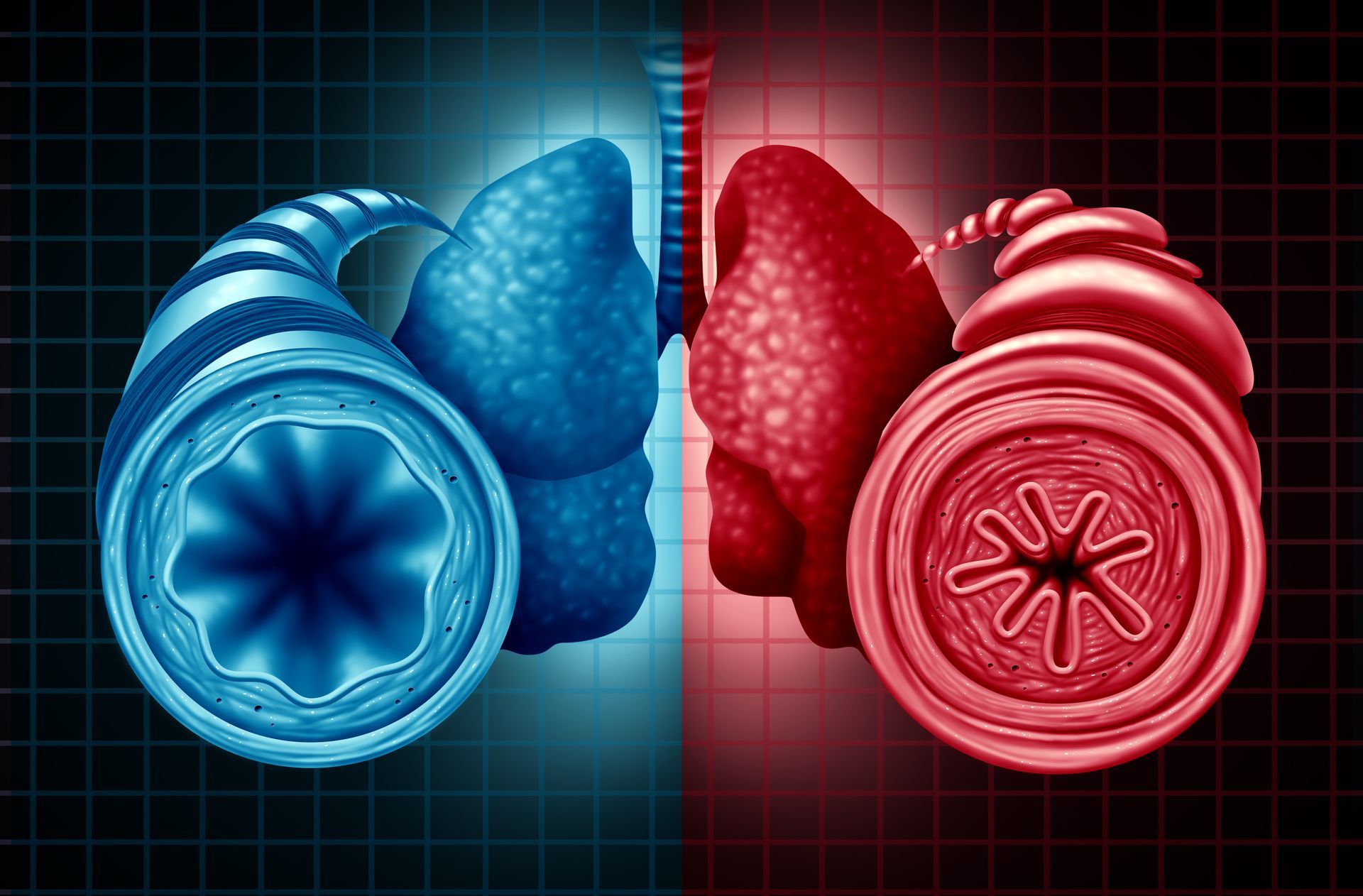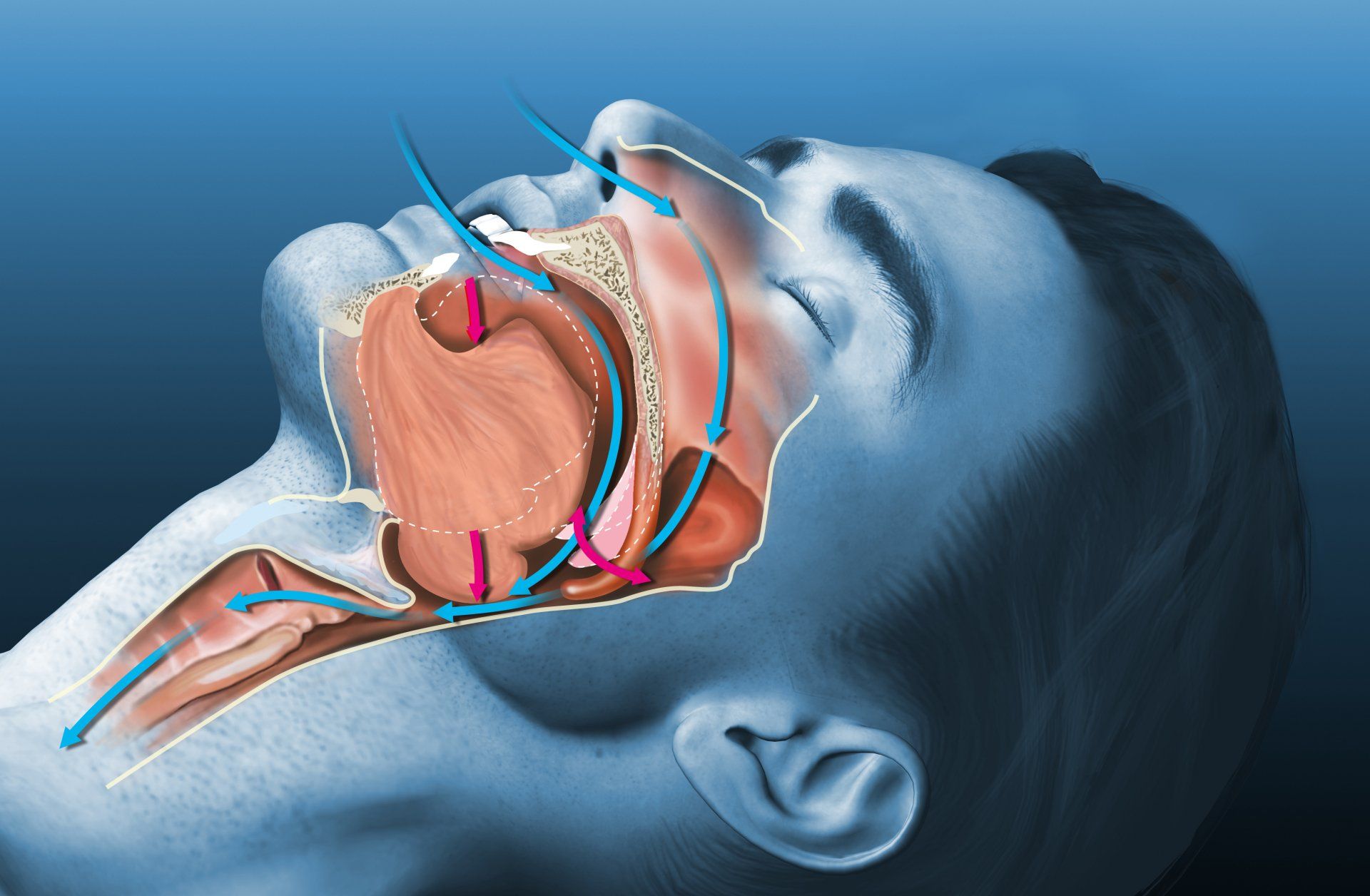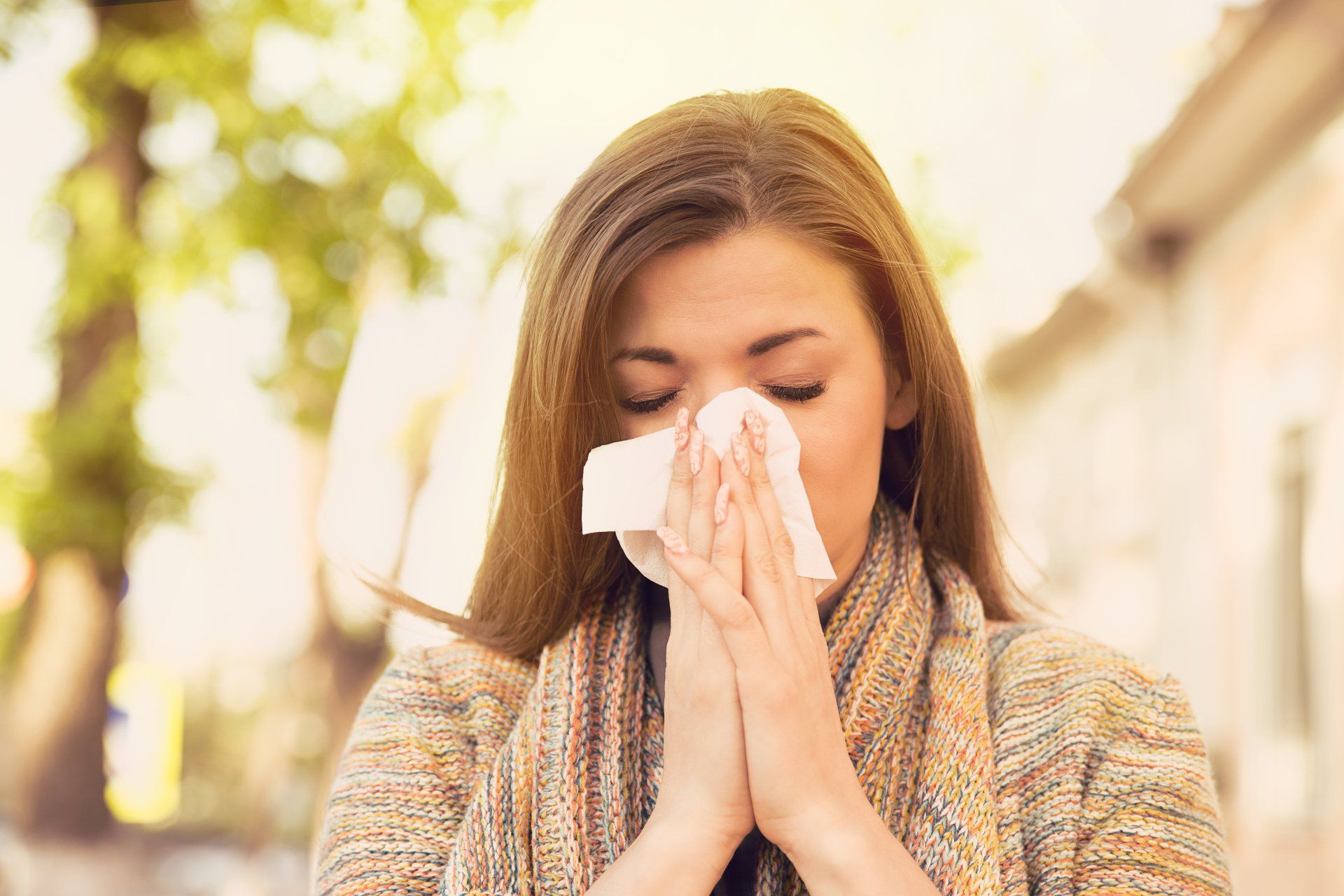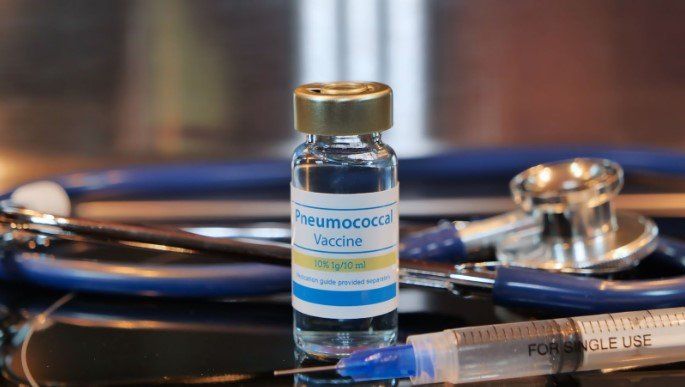Lung Cancer
What is Lung Cancer?
Lung cancer is the uncontrolled growth of abnormal cells, usually in the lungs or the breathing tubes. In general, there are two major types of lung cancer: small cell and non-small cell lung cancer. About 80% of lung cancers are non-small cell lung cancer.
The forms of treatment for both types are different. In addition, small cell lung cancer is aggressive and tends to spread rapidly.
In Singapore, lung cancer is the 3rd commonest cancer in both men and women. Individuals who smoke tobacco are at the greatest risk, accounting for over 80% of lung cancer cases. If you are a smoker, your risk of lung cancer is about 15 to 30 times higher compared to individuals who do not smoke.
Other risk factors include exposure to air pollution, asbestos (which is a common mineral used in building materials in the past), cooking fumes without a ventilator, and various other toxins and heavy metals. Having a family member with lung cancer also increases the risk of developing lung cancer.

What are the signs and symptoms?
- Persistent cough
- Shortness of breath
- Chest pain
- Coughing up blood
- Hoarseness
- New onset of wheezing
- Loss of weight
You should consult a doctor if you have any of the above symptoms. Having said that, early lung cancer is generally silent. By the time there are symptoms, the disease is usually in an advanced stage with a lower chance of cure.
This is why, if you are a smoker or ex-smoker, you should consider computed tomography (CT) Lung Screen, which is a simple and painless test using low doses of X-rays to detect early lung cancer, even before symptoms develop.
How is Lung Cancer diagnosed?
The evaluation usually starts with a CT scan. Thereafter, a biopsy procedure is performed. This is where a small piece of tissue is extracted for analysis.
Depending on where the abnormality is located, biopsy options include bronchoscopy, CT-guided biopsy, or open biopsy. An open biopsy is usually performed using keyhole surgery.
How is lung cancer treated?
This will depend on the stage and severity of cancer. The various options include one, or a combination, of the following:
Surgery
In early-stage cancer, and if the patient is suitable, surgery remains the best option for a cure. Surgery will entail removing the lobe of the lung where the cancer is located, as well as the surrounding lymph nodes.
Keyhole surgery, or minimally invasive surgery, allows this to be performed safely, with less pain and a shorter recovery time.
In more advanced stages, one or more of the following combinations may be used
Chemotherapy
Chemotherapy means using injection medications to kill cancer cells. These medications are usually given at regularly scheduled intervals over a few months.
Targeted Therapy
Certain types of non-small cell lung cancer, especially those occurring in non-smokers, can be treated with oral medicines, which block or interfere with specific molecular signals which allow cancer to grow.
In lung cancers with a suitable molecular target, these medicines are highly effective and generally safe. Being oral medicines, they allow lung cancer to be treated in the comfort of home. Examples of these medicines include osimertinib and erlotinib.
Immunotherapy
This is a new type of injectable medicine, which activates the individual’s natural immune system to recognize and destroy cancer cells. It can be used alone or in combination with chemotherapy
Radiation therapy
Radiation therapy uses high-energy beams to kill cancer cells. It is usually used in more advanced stages of lung cancer. In patients who are unfit for surgery, it can sometimes be used to treat very early lung cancers with success. This form of radiation therapy is called stereotactic ablative radiosurgery (SABR).
It involves highly focused beams of radiation using technologically advanced machines. This allows high doses of radiation to directly destroy the tissue but minimizes damage to the surrounding tissues.
What to do next in Singapore?
Because of the different options available, lung cancer treatment in Singapore may require a dedicated team of multi-disciplinary specialists, including thoracic surgeons, oncologists, and radiologists.
Our role as lung specialists is to recommend the best diagnostic procedure to confirm the diagnosis of lung cancer, and to coordinate the care of an individual who is newly diagnosed with lung cancer.
All the diagnostic procedures recommended above are claimable through most health insurance plans. For Singaporeans and Permanent Residents, these procedures are claimable using Medisave or an Integrated Shield Plan.







